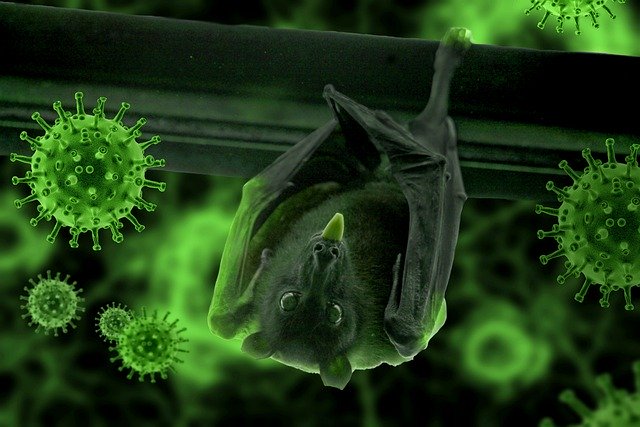Currently, the Coronavirus disease (Covid-19) which emerged from China around December 2019 is nearly in all the countries globally. So far over 500,000 deaths have been attributed to the virus worldwide. The coronavirus disease is, however, not the first pandemic to be encountered especially in European Countries. The world has also dealt with several epidemics and pandemics dating back to as early as before Christ.
The Plague of Justinian: 541-542 A.D
This plague occurred during the reign of Emperor Justinian in 541 CE in Constantinople, the capital of the Byzantine Empire. The Justinian plague was brought by merchants who had travelled over the Mediterranean from Egypt. This plague is said to have been caused by a single bacterium, Yersinia pestis, which originated from rodent fleas. Human contracted the plague through contact with infected rodents such as rats bitten by these fleas. With a high death rate of 5000 people per day, the plague spread rapidly through Arabia, Europe, North Africa and Asia. It is estimated that this plague resulted in 30 to 50 million deaths.
The Antonine Plague: 165-180 CE
This is one of the oldest pandemics brought to Rome by soldiers returning home from missions in the East. It is also referred to as the Plague of Galen. It occurred during the reign of the Five Emperors, Marcus Aurelius Antoninus (161-180 CE) during the Roman siege of Seleucia. Patients’ symptoms span from fever, cough, thirstiness, swollen throat to diarrhoea, vomiting and gastrointestinal bleeding. Scientists believe that the plague is likely to have been an outbreak of smallpox, emergent from China. At the peak of this outbreak, 2,000 Romans died daily, and by the end of the pandemic, it is estimated to have resulted in 5million deaths.
Black Death: 1665
Also referred to as The Great Plague of London or the Bubonic Plague, this deadly pandemic broke out as early the 17th Century. This plague was transmitted through fleas biting hosts either through rodents such as rats which later transferred it to humans or directly through biting humans. Patients of the bubonic plague had symptoms including swollen lymph nodes, headaches, chills, sudden fever and general weakness. The epidemic had three waves spanning over through the 1300s to 1900s. It resulted in a massive death toll of an estimated 25 million people. The bubonic plague is still present in some parts of Asia, Europe and the Western United States. It is now treated with antibiotics as a vaccine is yet to be found.
Spanish Flu: 1918-1920
A
deadly strain of Influenza, The Spanish Flu, emerged in 1918-1920. The flu
outbreak began in Asia, Europe and the United States before spreading to other
parts of the world. People with the flu exhibited typical flu symptoms and
carriers could spread it through coughs, sneezes and talking through droplets
in the air. Also, similar to the new coronavirus disease, the virus had a high
mortality rate among young and healthy adults. It is estimated that the
infection resulted in over 50 million fatalities worldwide. This is said to be
one of the deadliest pandemics in history with the United States being largely
affected.
HIV/AIDS: 1981
AIDS, which was first
diagnosed as early as 1981, is still spreading to date. According to WHO, over
35million people have contracted the diseases, and more than 70 million died
from it. The virus is said to have originated from chimpanzees and apes that
have Simian Immunodeficiency Virus (SIV). Humans then contracted the virus from
consuming monkeys leading to the first pandemic in Congo (1920). Human to human
transmission occurs through the exchange of bodily fluids including blood,
semen, breast milk, anal fluids and vaginal fluids. Antiretroviral drugs have
since been developed to manage it, but a vaccine is yet to be found.
Corona Virus
The Novel Coronavirus Disease was declared a
pandemic by WHO on 11th March of this year. There are over 2 million confirmed
coronavirus cases globally. According to the latest coronavirus updates, the
United States has reported the highest number of coronavirus cases with over a
million confirmed cases. Oxford recently developed a coronavirus vaccine and
began human trials. Other scientists all
over the globe are also in the process of developing a coronavirus vaccine as
none is yet to be proven effective.
Coronavirus symptoms
have quite a several similarities to those exhibited in previous respiratory
viruses, including MERS, SARS and Influenza. Some early case of the coronavirus
is said to have been mistaken for these viruses as well as diseases such as
pneumonia. People worldwide are still urged to take the necessary precautions,
including maintaining a healthy lifestyle and personal hygiene, to avoid
contracting coronavirus disease.






